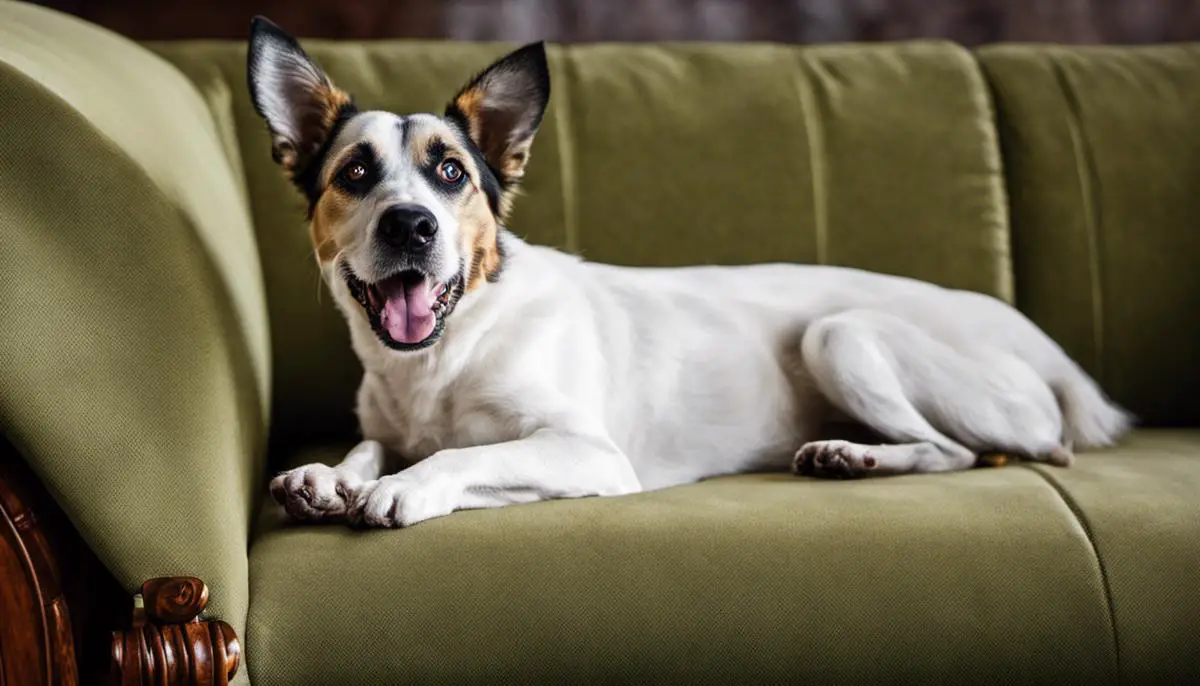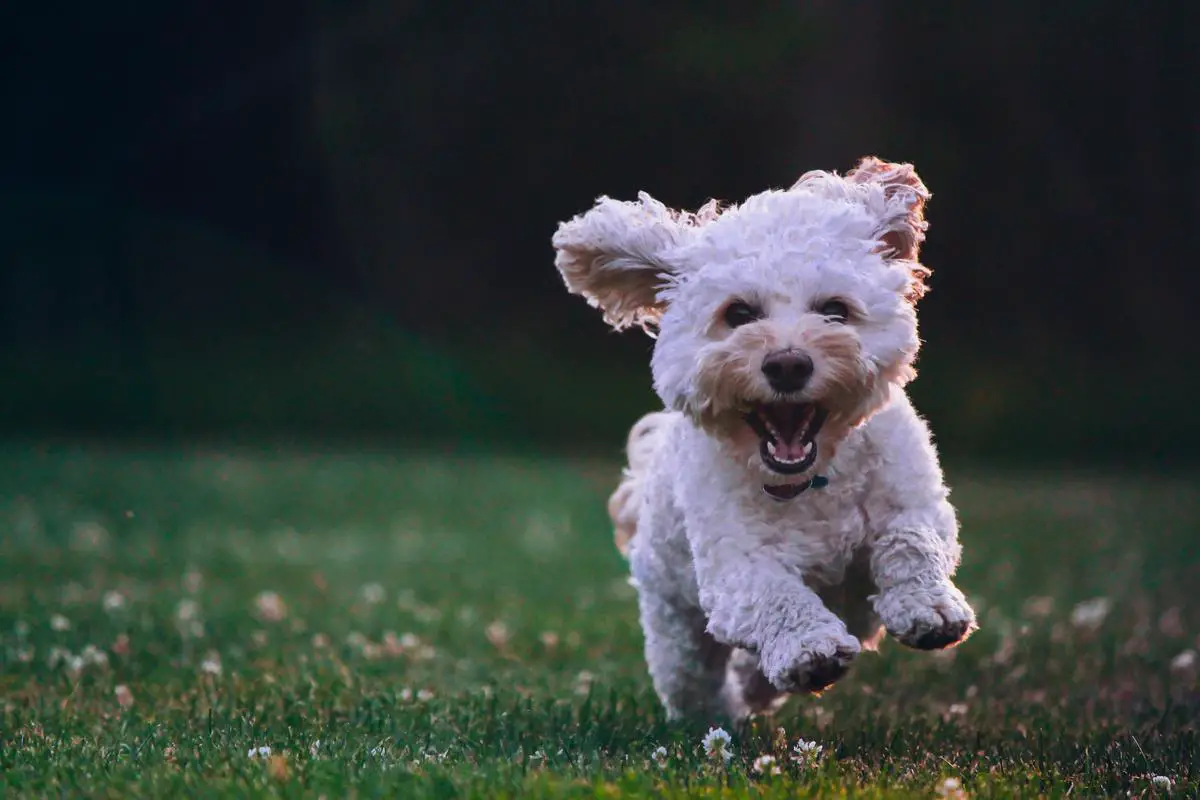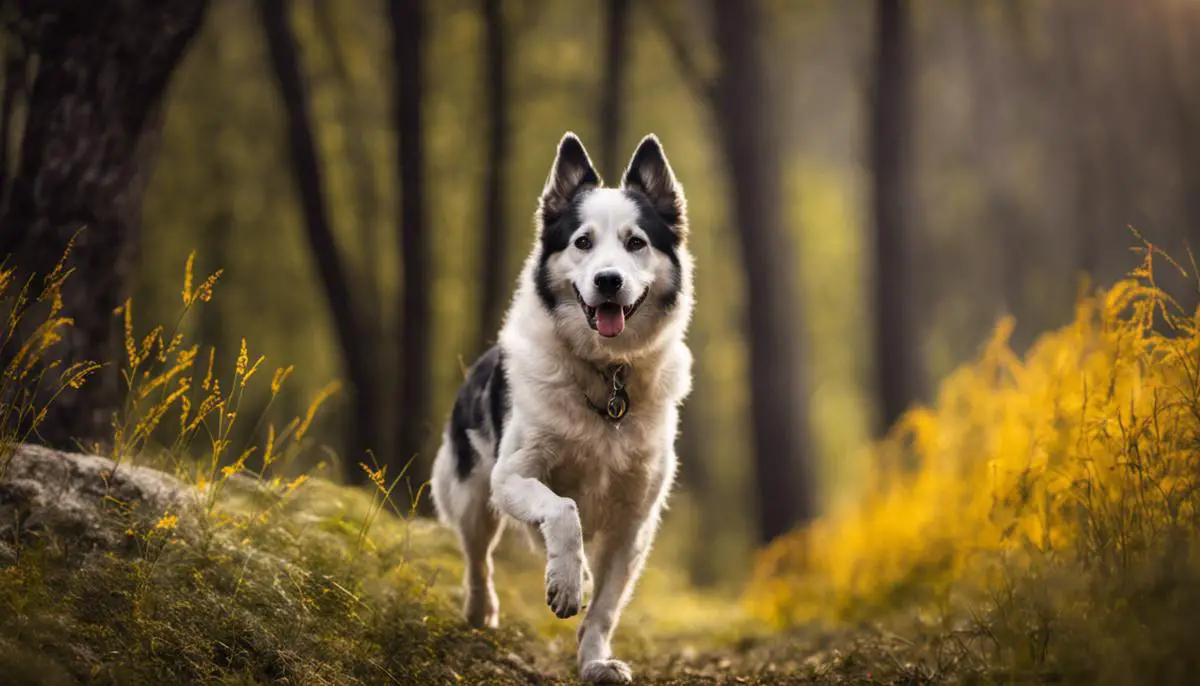Beating the Dog Peeing on Couch Issue: A Guide
When it comes to man’s best friend, understanding their behavior is key to a harmonious living environment. A common issue encountered by dog owners is unmistakeable – dogs peeing on the couch. Why does this happen? Is it a sign of rebellion, a silent plea for help, or an unintended consequence of stress? By delving into the realm of canine behavior, recognizing signs of potential health issues, and exploring various training techniques, we can seek solutions to this notorious problem. Furthermore, it’s essential to comprehend the significance of a clean and healthy environment in dissuading such mishaps. Certainly, with knowledge and patience, this nuisance can be addressed effectively.
Understanding Canine Behavior
Understanding Canine Behavior: Peeing on the Couch
Peeing on the couch or other unusual places can be a behavioral issue, a health problem, or a response to stress or anxiety in dogs. It is essential to identify the underlying cause to appropriately address this situation.
Behavioral Causes
If your dog is peeing on the couch, it could be due to lack of proper house training. In such cases, the dog doesn’t know where it is appropriate to relieve itself. Aggression or territorial instincts might also lead a dog to mark certain areas, including your couch, by peeing on them. These behaviors are typically more common in dogs that are not spayed or neutered.
Health-related Causes
Health problems can also lead to a dog peeing on the couch. Notably, a urinary tract infection (UTI) can create an urgent feeling to urinate and make it hard for your dog to hold it in. Other health issues include bladder stones, diabetes, and kidney disease. Dogs with cognitive dysfunction may also forget their house training due to the illness.
Stress and Anxiety
Stress and anxiety can trigger inappropriate urination. If your dog regularly pees on the couch when you’re not home or in response to loud noises, it might be due to separation anxiety or fear. Any significant changes in a dog’s life such as moving to a new house or introducing a new pet or family member can lead to stress-related urination.
After identifying the potential cause of your dog’s behavior, you may seek the help of a professional dog trainer or consult with a vet. For health-related causes, proper diagnosis and treatment are key. In the case of behavioral or stress-related issues, training, and sometimes medication, can be effective.
Professional Help for Better Understanding
Remember, understanding your dog’s behavior can be complicated. If you find it challenging to manage it yourself, consider seeking the help of professionals. A veterinary behaviorist or a certified trainer can provide valuable input and guide you in resolving this issue effectively.
It’s essential to remember that patience and consistency are key when dealing with issues concerning your canine friend’s behavior. Reacting with anger or frustration can scare your dog and further exacerbate the problem. Show empathy towards your pet as you work towards finding a solution.

Training Techniques
Understanding Dog Behavior and Training
The first step to correcting your dog’s undesirable behavior is to understand why it is happening. Dogs use their urine to mark their territory when they feel anxious or insecure. If your dog is peeing on the couch, it could be because they are experiencing separation anxiety, or they are not properly house trained.
Positive Reinforcement Training
Start with positive reinforcement training. This includes rewarding good behavior. For instance, when your dog urinates in the desired place, shower them with praises and give them a treat. This sends a clear message that they’ve done something good. Training should always be a positive experience to prevent causing anxiety or fear in your pet.
Creating a Routine
Consistency and routine play significant roles in dog training. Determine a set potty schedule for your dog based on their age, health, and diet. It is important to follow this schedule strictly. Regular meal times also help regulate their bathroom habits. More meals mean more bathroom breaks, so bear this in mind.
Crate Training Techniques
Crate training is another efficient way to prevent your dog from urinating on the couch. Dogs naturally avoid soiling their sleeping area. The crate should be spacious enough for your dog to turn around and sleep comfortably. However, ensure it’s not too large as they might start using a corner to urinate. Make the crate a pleasant place by adding comforting items such as their favorite toys and never use it as a punishment.
Use of Training Tools
Dog training tools, such as pee pads and sprays, can be used to stop undesirable indoor urination. Pee pads are absorbent and can protect your couch or floor. There are also special sprays that discourage dogs from urinating in certain spots. Alternatively, you can use pheromone sprays that encourage dogs to urinate in a specific spot outdoors.
Training Dogs to Use Designated Outdoor Bathroom Spot
Train your dog to use a ‘bathroom’ spot outside. Each time you think your dog needs to go pee, lead them outside to the spot. Use a specific word or phrase such as “go potty,” and use it consistently to help your dog recognize what is expected of them. Reward them with praise or a treat when they go to the bathroom in the designated spot. This creates a positive association and encourages repeated behavior.
In summary, teaching a dog not to pee on the couch involves understanding why the behavior occurs and employing positive reinforcement, consistency, and suitable training techniques. Every dog is unique, so what works for one might not work for another. It can be a process of trial and error, so patience is key. Remember the goal is a happier, healthier relationship with your pet.

Maintaining a Clean and Healthy Environment
The Role of Cleanliness and Health in Curbing Dog’s Urine Habits
Maintaining a clean and healthy environment is crucial in preventing your dog from urinating on the couch. Dogs often get into this habit when their usual spots are dirty. The scent of waste matter triggers an instinct in many animals, dogs included, to backmark the same territory. When your home (including your dog’s personal space such as bedding, crates or walking areas) is clean and free from the smell of waste, your dog is less likely to resort to your couch when it needs to urinate.
Repeated Incidents Due to Smell of Urine on Couch
Dogs also maintain a strong sense of smell and they perceive the world around them through scents more than humans do. Their urine contains pheromones that act as marker scents, which they use to identify their territory. If you have not thoroughly cleaned your couch after your dog’s initial accident, the lingering smell can attract your dog back to the same spot. The recurrence of these incidents might be misperceived as a behavioral issue, whilst it is a mere reaction to the inviting smell of their own urine.
Effective Cleaning Methods for Dog Urine on Furniture
An effective method to fully eliminate the smell of urine from your couch involves a multi-step process. First, soak up as much of the urine as possible with absorbent material, like paper towels or a dry washcloth. After the area has been dried, use a pet-friendly enzymatic cleaner which can molecularly dissolve the crystals that produce the odor. Always follow the manufacturer’s instructions for the best results. Some cleaners require the area to be kept wet for some time to allow the enzymes to break down the odor molecules, while others can be simply sprayed on and wiped off.
Maintaining a Clean Home to Discourage Urine Behavior
Regular cleaning of your house is also a proven practice to discourage this behavior in dogs. Clean all the places your dog frequents, not just where the actual accidents occurred. Deodorize your furniture regularly with a pet-safe deodorizer to eliminate any tempting residual scent. Regularly wash your pet’s bedding and play area to keep them fresh. Avoid scented cleaners when cleaning your pet’s bedding or crate, as the strong smell may lead your pet to urinate to get rid of the unwanted scent.
Promote healthy toilet habits by providing your dog with regular breaks outside, especially after meals, drinks, and long periods of sleep. During these breaks, lead the dog to a spot in the yard where you are comfortable with them urinating. Over time, this routine will help your pet understand where it’s acceptable to go.
Consider crate training your dog if it often urinates when left alone or is unattended. This method works on the dog’s natural inclination not to soil its sleeping space and can be highly effective when conducted properly. Regular cleaning of this crate is also of paramount importance.
Remember, patience is key when dealing with this issue. It may take some time for your dog to break this habit, but with persistence and appropriate corrections, it is possible to deter your dog from peeing indoors without professional intervention.

Fighting off the challenge of a dog peeing on the couch involves understanding the reasons behind it, implementing effective training techniques and maintaining cleanliness in the surroundings. Indeed, with keen observation and a set routine, dogs can be guided to designate their bathroom spots outside. Remember, the smell of urine left on the couch is a potent attractant for repeat offenses. Therefore, keeping the home clean and free from the smell of dog urine becomes paramount. Undoubtedly, overcoming this issue speaks volumes about our dedication and love for our furry friends, leading to a cleaner home and happier, healthier pets.
